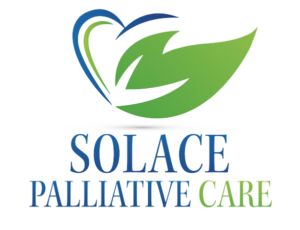
It’s not easy to lose abilities and admit you need help. The reluctant elder in your life is more likely to ease into acceptance if you provide good listening, compassion, and a commitment to working together. In this third installment of our series, we look at elders’ concerns around privacy and pride.
Privacy. Having someone underfoot can feel intrusive, especially if your relative is used to living alone. Perhaps he or she fears being judged, or that word of unhealthy food choices or alcohol use may get back to the family. Maybe your relative tends toward hoarding and is embarrassed. Or has worries about safety with a stranger or the risk of theft. All of these are reasonable concerns for any adult who values their independence. You can address privacy concerns by
- starting with part-time help;
- hiring a friend;
- working with an agency that does background checks and drug testing.
Pride. “Do you think I need a babysitter?!” Our culture values self-reliance. Anything that implies a need for help suggests weakness or incompetence. When you approach your relative,
- shift from “we think you need help” to “we want to help you stay in charge of your life.” As noted in Part 1 of this series, working with your relative toward a common goal is a welcome and respectful approach;
- clarify what type of care is needed. For instance, a nurse to dress a wound is different from someone who cooks and cleans;
- start with a short-term arrangement, framed as “while you recover” or “just to see how it goes.” Then consider a more permanent arrangement;
- talk about getting help as a way to liberate your loved one’s energy to do other activities he or she really enjoys;
- emphasize your relative’s other abilities. If Mom can no longer do housekeeping, make sure to praise her often about her cooking talents.

